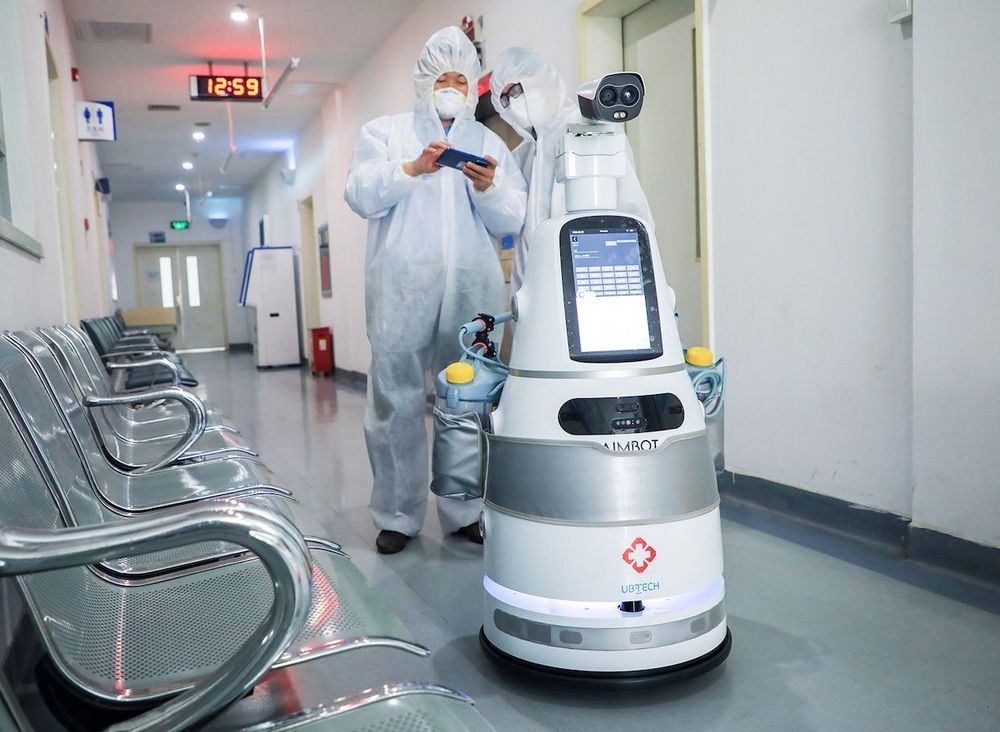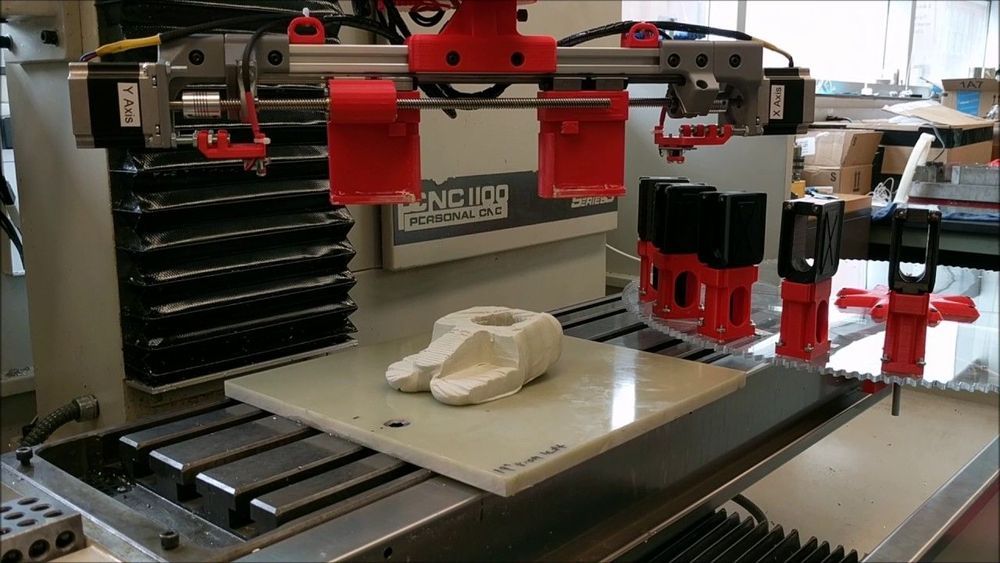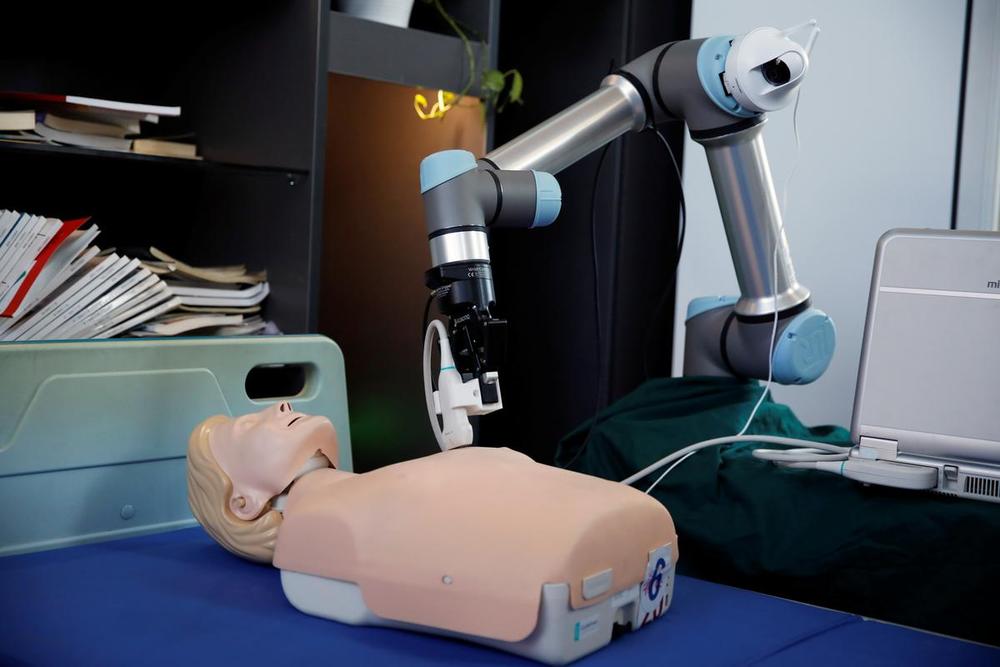
Medical robotics expert Guang-Zhong Yang calls for a global effort to develop new types of robots for fighting infectious diseases.
When I reached Professor Guang-Zhong Yang on the phone last week, he was cooped up in a hotel room in Shanghai, where he had self-isolated after returning from a trip abroad. I wanted to hear from Yang, a widely respected figure in the robotics community, about the role that robots are playing in fighting the coronavirus pandemic. He’d been monitoring the situation from his room over the previous week, and during that time his only visitors were a hotel employee, who took his temperature twice a day, and a small wheeled robot, which delivered his meals autonomously.
An IEEE Fellow and founding editor of the journal Science Robotics, Yang is the former director and co-founder of the Hamlyn Centre for Robotic Surgery at Imperial College London. More recently, he became the founding dean of the Institute of Medical Robotics at Shanghai Jiao Tong University, often called the MIT of China. Yang wants to build the new institute into a robotics powerhouse, recruiting 500 faculty members and graduate students over the next three years to explore areas like surgical and rehabilitation robots, image-guided systems, and precision mechatronics.
Continue reading “Coronavirus Pandemic: A Call to Action for the Robotics Community” »

















